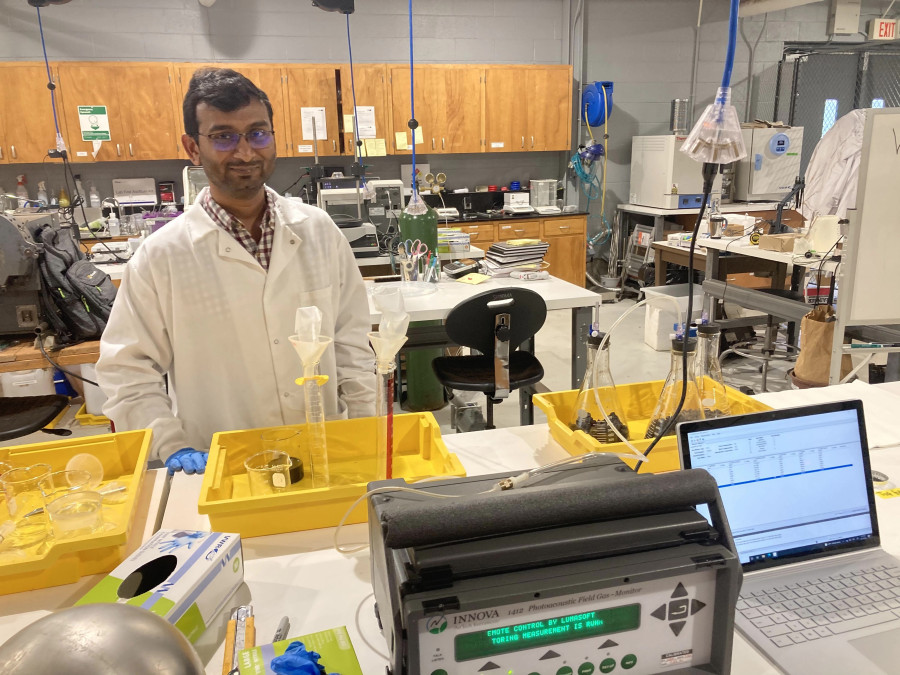Attractive entertainment destinations, often associated with casinos, theme parks and integrated resorts, attract millions of visitors each year. These attractions have the potential to create unforgettable memories for visitors while providing substantial economic benefits to the surrounding areas.
Nevertheless, this success is not without its complexities. The sheer volume of visitors and the infrastructure required to support them present considerable challenges to environmental integrity, social cohesion, and long-term economic viability. In order to navigate these complexities, a robust commitment to sustainable tourism and strategic regional planning is required.
For example, in high-volume entertainment destinations the challenges associated with implementing sustainable tourism are often considerable and require careful regional planning that acknowledges the need to manage the balance between economic returns, as in the case of, for example a responsible operation of the 7bit casino while ongoing that focus on user experience and security.
The Need for Sustainable Development
In this specific context, sustainable tourism is not merely a 'buzz-word', but necessary. Regional planning for high-volume entertainment destinations requires stakeholder interests to be integrated towards a long-term sustainable outcome whereby operational implications are coordinated and managed as is the case with the complex and diverse operational components of https://7bit.pro/.
The aim of the programme is to create a balance, for visitors, the environment, and local people in relation to changes utilising a sustainable tourism development approach that is fair, environmentally sustainable, and economically viable in the long term. In high-volume entertainment destinations, this requires stakeholders to redirect their efforts and focus on longer-term returns rather than short-term profitability seeking approaches.
Key Challenges in Regional Planning
It is evident that regional planning plays a critical role in mitigating the negative impacts of high-volume tourism. In the absence of comprehensive strategies, rapid development has the potential to result in irreversible damage. The following key challenges must be addressed by planners:
Tourism can really put a strain on our infrastructure. A sudden influx of visitors, from roads and waste management systems, may overwhelm those essential services and indicates it is time for planning and investment for that expansion.
Then there's the environmental aspect to consider. If we do not enact stringent protections and provide green alternatives, we could end up with rising pollution, habitat loss, and destruction of resources.
On the social and cultural front, a wave of tourists can sometimes lead to the commercialization of local culture, pushing residents out and eroding the unique identity of the community if we’re not careful in how we manage it.
Lastly, while tourism can bring in revenue, a lot of that money can end up "leaking" out of the local economy. This often happens when goods and services are sourced from outside the area, and local residents miss out on job opportunities.
Navigating the complexities of sustainable tourism in high-volume entertainment hubs requires innovative approaches to resource management and community engagement, much like the strategic thinking behind optimizing player engagement and responsible gaming practices found at https://casinobonus2.co/groups/beyond-the-welcome-bonus-unveiling-the-different-types-of-casino-bonuses/, which promotes a balanced approach to bonuses.
Strategies for Sustainable Regional Planning
In order to address these challenges, a multi-faceted approach involving collaboration between government bodies, private sector stakeholders, and local communities is required.
Here are some effective strategies:
Integrated Land Use Planning: This means thoughtfully designating spaces for development, conservation, and community activities, making sure that growth is both controlled and strategic.
Green Infrastructure Development: By investing in sustainable transportation, renewable energy, and efficient waste management systems, we can greatly lessen the environmental impact of these areas.
Community Engagement and Empowerment: Getting local communities involved in the planning process, making sure their voices are heard, and creating chances for them to participate economically helps build a sense of ownership and reduces negative social effects.
Diversification of Tourism Offerings: To avoid relying too heavily on one type of attraction (like gaming), we should promote cultural tourism, eco-tourism, and local experiences. This approach can help spread visitors out more evenly and create a stronger, more resilient tourism economy.
The Role of Responsible Entertainment Operators
As the most prominent entertainment operators with sprawling resorts and casinos and have considerable influence to advance sustainable tourism. Investment in green technology, local sourcing, community, and the way they conduct business demonstrates significant leadership in sparking change in positive ways. The focus of these operators is on sustainable tourism when they prioritize long-term sustainability instead of short-term profitability. If operators continue to pursue sustainability - they will have lasting and appealing developments that enhance the viability of their host communities for years to come.
High-volume entertainment destinations can be considered successful only if they can be transformed into sustainable development models. For these powerful engines of entertainment, inspiration, and creative vitality to continue, they must embrace and honour responsible regional planning that conceives entertainment operators to demonstrate what environmental stewardship can look like.









